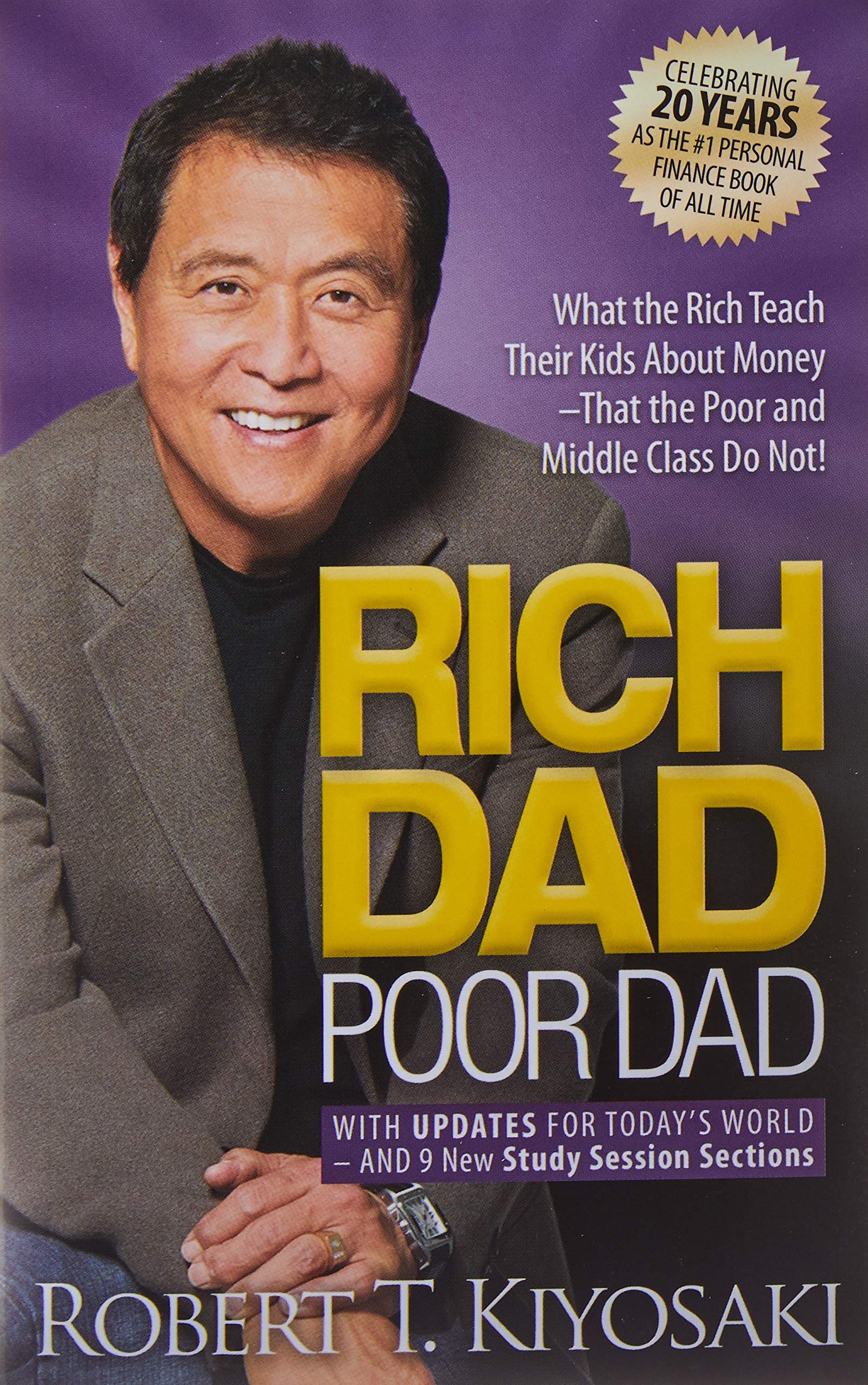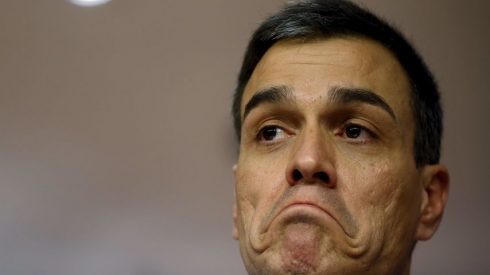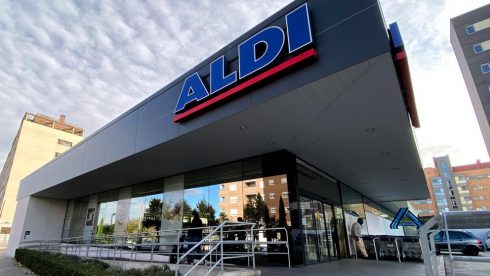I TRY to read several books each month and have just finished Rich Dad Poor Dad by Robert Kiyosaki, which was a great read and advocates the importance of financial literacy, financial independence and building wealth by investing in assets.
Why is it that some professionals making £1 million a year can quickly go bankrupt, while someone else on an average income can retire and have no financial worries?
The path to achieve financial independence is not a secret. I will share with you a few simple rules.
Most people think wealth is a high income job. Yes, it’s easier to amass assets if you have more money coming in each month, but then you find that most spend what they earn – or more in some cases!
No, the true secret to increasing your net worth is to spend less than you make, and use the excess to generate passive income and growth on your money. I repeat, income is not wealth.

So what is wealth?
Everyone has a different definition depending on their circumstances, however, I personally believe wealth is having a sufficient passive income to maintain your current standard of living. Your total assets (what you own) minus your total liabilities (what you owe) give you a number that is your net worth.
I then use a figure of 5% to determine how much passive income could be generated. For example; If a portfolio has a value of £1,000,000 it would be safe to assume a passive income of £50,000 per annum could be maintained given current yields and annuity rates.
To achieve financial independence we need to increase our net worth number then start to generate growth and passive income from it (capital gains, interest, income and dividends without requiring any work or labour).
If you have a portfolio of private businesses, stocks, bonds, mutual funds, real estate and other cash generators, you could sit by the pool all day.
It’s also very difficult to totally wipe out a well-constructed portfolio in the event of a financial crisis.
If you had to stop working right now, how long could you keep up your purchasing pattern for cars, clothing, music lessons, education fees, leisure activities etc.?
The average person isn’t educated in this truth, which is why the more they earn, they are left wondering why financial independence and security continue to elude them, always seemingly just out of grasp because their expenses increase in line with their earnings.
The only way to take advantage of investment opportunities is to have the money to invest until you reach a point where the returns generated on your assets can change your life; e.g., earning a 10% return on £10,000 is going to net you £1,000 before taxes – not too bad but hardly earth shattering, but the same return on a £1,000,000 portfolio is £100,000 despite requiring roughly the same effort and research.
Amassing wealth and becoming financially independent is a slow process that takes time.

You can do small things every day such as cut your expenses, generate extra income, and put the money into investment and tax efficient savings or investments.
With time it will build.
As each new opportunity appears, you can react on a larger scale than your previous investments.
Over time the interest, dividends, and capital gains your money has earned begin to generate their own interest, dividends, and capital gains, and on and on in a virtuous cycle.
Einstein called compound interest the ‘8th wonder of the world’ and it’s how €100,000 now can grow to €1,083,471 over 25 years at 10% per annum.
Starting from £0 now, a saving of only €100 per month will be worth €133,789 over 25 years at 10% per annum.
If you have not started yet then the only way you can have more money left over at the end of the month to start investing is to either increase revenue (your income) or decrease expenses. Make a plan, go through your current bank statements and see where you can make changes -it’s that simple: Increase revenue, cut costs, or both then use the surplus to invest for your future.
Use tax breaks – saving your money in the most tax efficient way is important. Depending on your nationality and country of residence there may be several options available to you to allow you to reduce or eliminate tax on your wealth and/or your income.
So where do you put the money?
I have four simple but key rules when sourcing investments for my private clients (these can vary slightly depending on a client’s exact requirements):
1. Diversify – Don’t put all your eggs in one basket. Buy a mix of assets and buy assets according to a risk level you are comfortable with. Don’t know what to buy? Speak to a specialist.
2. Buy Quality – Buy the best quality investments you can afford. If you have the choice of three US Large Cap Equity funds and one has been consistently ranked in the top 10% for returns over the last five years. Buy it above the others. If buying property buy the best location you can afford.
3. Focus on Income – Try to buy assets and investments that produce income. It can help to lower overall risk and with regular income flowing into your portfolio you can choose how and where to re-invest the income to help diversity and, when ready, can start to use the additional passive income to fund your lifestyle.
4. Take a long term view – The value of all investments will fluctuate over time. Have patience and if you have followed the rules above you should develop some nice returns over the long term.
If you follow these basic rules and ideas you should soon see your wealth begin to increase. The only decision you need to make is to start today.
The bigger your wealth becomes the more I would encourage you to seek professional investment and tax advice.











